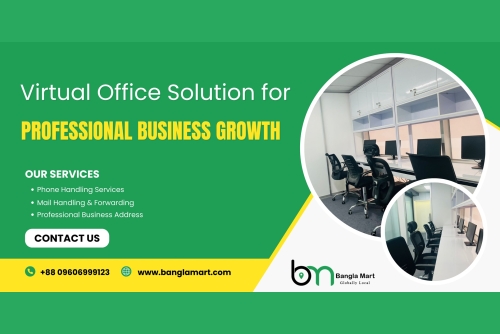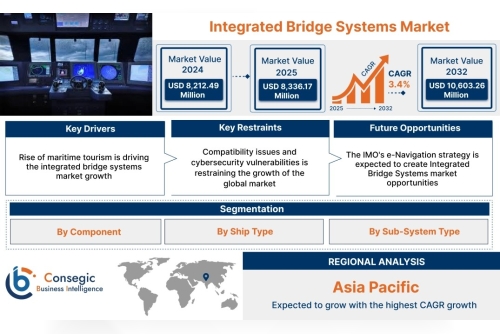The invention of stainless steel has helped to solve many problems facing mankind for more than one century. With fasteners offered by SS fasteners manufacturers in India made from a corrosion-resistant alloy, many industries, from civil and industrial construction, including shipbuilding, to mechanical engineering, have reached a new level. But not everyone knows that stainless steel connecting parts only reveal their potential with the right selection for working conditions. Each type of such steel has its own specific properties and recommendations for use, depending on the characteristics of the operation.
ADVANTAGES
Fasteners made of “stainless steel” in comparison with parts made of carbon steel with similar functionality have the following main advantages:
high resistance to a large number of types of corrosive (chemically aggressive) compounds and moisture;Improved indicators of strength / mechanical characteristics. This quality is especially manifested when the operation is carried out at elevated or cryogenic temperatures;Even with the long-term operation, a good external aesthetic appeal is maintained;Non-toxicity supported by hygiene and inertness to medications and food ingredients.TYPES OF STAINLESS STEEL
The main criterion on the basis of which the division of “stainless steel” into types is carried out is the crystal structure. According to this feature, such steel forms 4 groups:
Ferritic: These steels are low-carbon (C<0.1%) and chromium (Cr?10%-30%). They are characterized by sufficiently high strength but not to the detriment of ductility. Relatively easy to process and inexpensive. Hardening by heat treatment is not amenable.
Martensitic: The steels are chromium (Cr content ?12%-17%) with a carbon C?1%. They perfectly tolerate heat treatment – the quenching procedure followed by tempering. As a result of these technological operations, the metal acquires high hardness. Therefore, cutting fixtures/tools, all kinds of bearings, and knives are made from martensitic steel.
Austenitic: They belong to the category of chromium-nickel alloys with the content of Cr?16%-26% and N??8.5%-25%. In addition to carbon, they also include molybdenum. They are non-magnetic. Corrosion resistance is noticeably better than that of previous types of metals. The hardness of austenitic steels decreases after heat treatment (quenching). Become high-strength during the cold hardening procedure.
Two-phase: They are characterized by a combination of different qualities of ferritic and austenitic types of steels.
FEATURES AND APPLICATION OF STAINLESS FASTENERS
Almost any industry needs the use of high-quality hardware used to fasten parts and structures. Here are just a few areas in which stainless fasteners offered by duplex fasteners manufacturers in India are actively used:
construction and mechanical engineering;production of electrical engineering and machine tools;Shipbuilding and energy.Fasteners are any products used to fasten elements together – Super Duplex 2507 Bolts, nuts, washers, etc. Hardware made of ordinary steel is susceptible to corrosion, significantly reducing its service life and reliability; therefore, stainless steel elements are often used in different areas; they resist corrosion processes and perfectly tolerate mechanical and heat treatment.
Another type of stainless steel fastener is the DIN bolt that stainless steel stud bolts manufacturers in India offer. This is one of the most popular threaded connection methods. The hardware has a unique design that provides a strong fastening.
Learn more about the types of fasteners on the website of stainless steel u bolts suppliers in India; here is a description of all the products presented – diameter, length, weight, etc.
Published 6 May 2023











